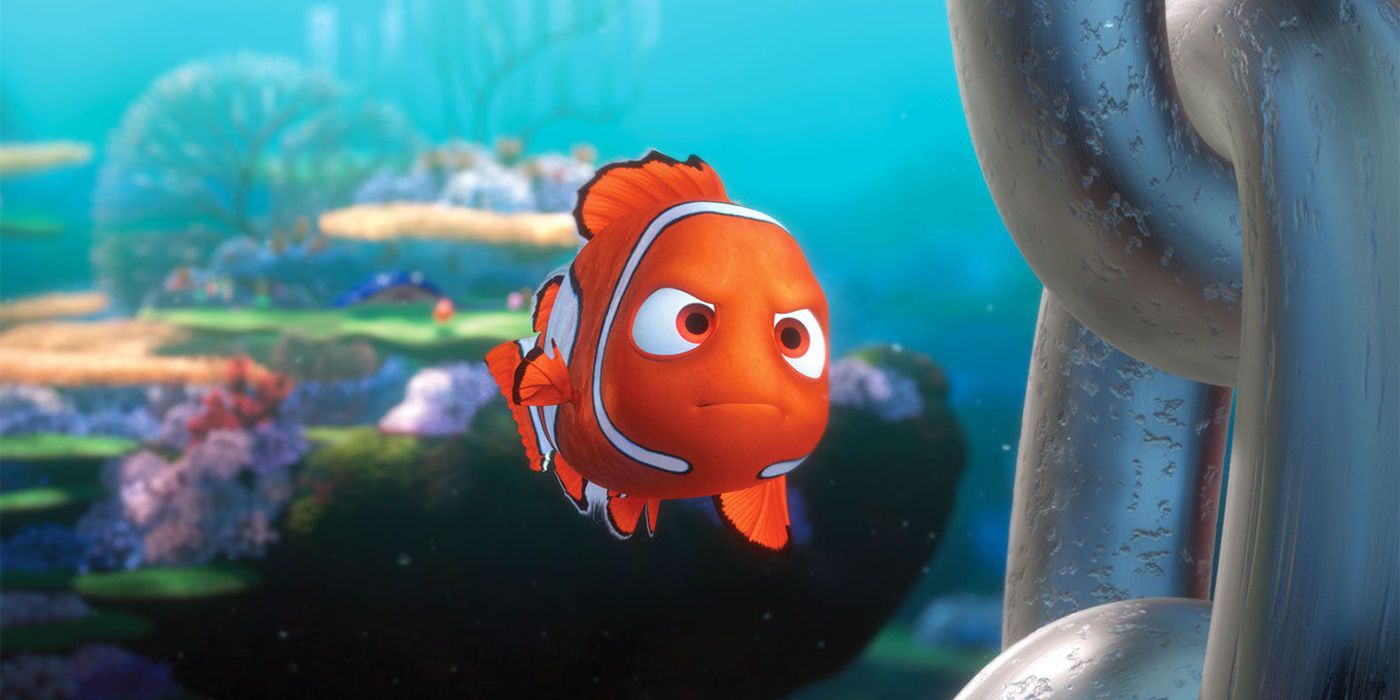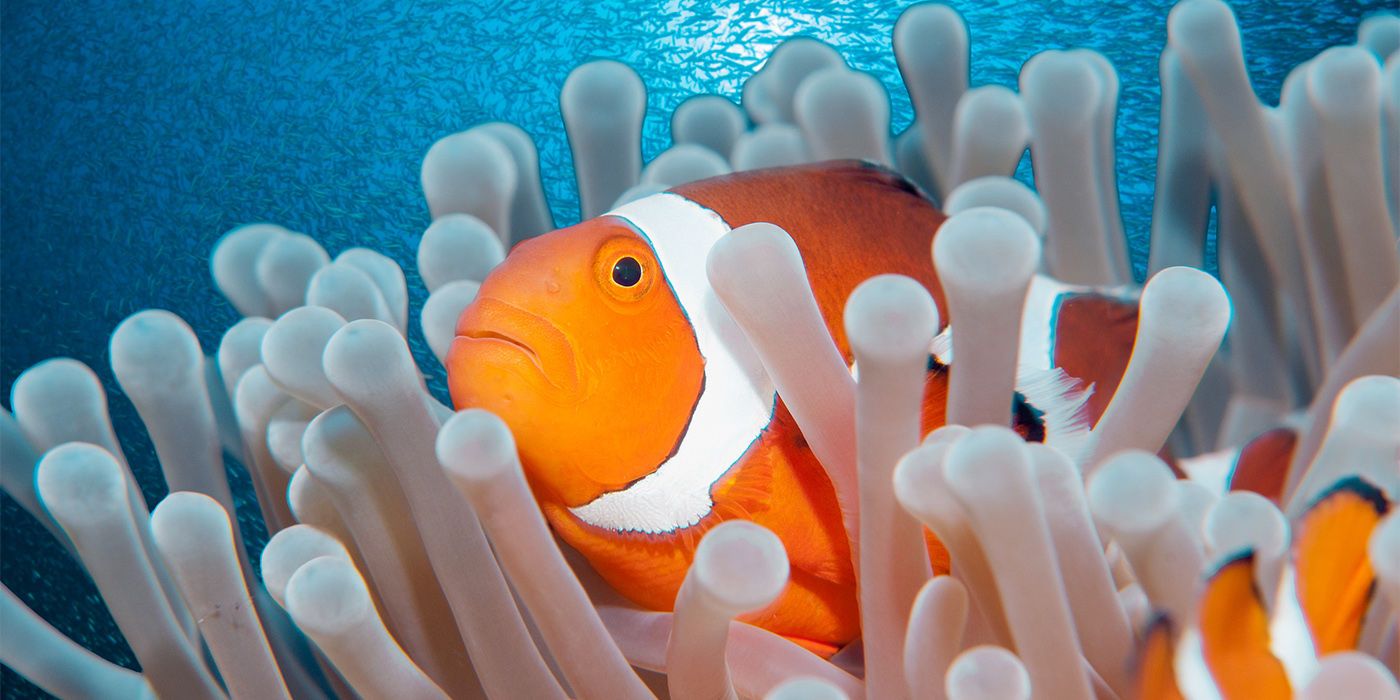As the summer draws near and the blockbuster season is set to kick into high gear, one of the most anticipated films of the year is hoping to score big with children and adults alike. Disney’s Finding Dory, the Ellen DeGeneres-led sequel to 2003’s massive hit Finding Nemo, seems to have everything it needs to impress.
Since ruling the box office and bringing home an Oscar, Finding Nemo has gone on to global recognition – all because of one little orange and white striped sea dweller known as the clown fish. Though Disney’s follow-up to the hit has taken 13 years to arrive, merchandising for Finding Nemo was instantaneous, ensuring that the years following its release left a blur of clown fish toys, games, clothing – and in some cases, actual fish in its wake.
Unfortunately, as much love as there was (and still is) for Nemo, news from The Huffington Post has revealed that following Finding Nemo’s release, aquarium fish sellers were so inundated with demand for the animal that scientists now say the clown fish is being pushed to the brink of extinction.
It isn’t uncommon for trends in animal ownership to occur, but the problem that Australian scientists are finding in this case is that clown fish are repeatedly being sourced from the sea, when they can be bred in captivity. A bustling trade in clown fish has meant that in places like Thailand, Indonesia, and the Philippines, the fish are being collected from reef areas using cyanide, which acts as an anaesthetic. This manner of collection not only allows for large-scale gathering of the fish and a severe diminishment of their population, but it also proves devastating to the coral reefs that these fish inhabit and thrive in. In response to this, The Saving Nemo Foundation was started to allow a sustainable and practical method for supplying Nemo fans with their favorite fish. The fish are bred in captivity and can be shipped anywhere in the world.
Raising awareness for clown fish is one thing, but with Finding Dory on the way, there is concern that demand for the blue tang – the fish which Ellen DeGeneres' character is based on -- will also skyrocket. The Saving Nemo Foundation has presently devised an online campaign to raise awareness for the depleting clown fish stocks, by asking people to make a fish kiss face and post it to social media under the hashtag #FishKiss4Nemo. Organizers are hoping that Ellen DeGeneres will also join in on the efforts to educate the public about this cause.
The destruction of the natural environment is a concern for all, but it’s especially tragic when that destruction is predicated on people's affection for an animated film character. This campaign could certainly stand to gain from DeGeneres' involvement – even just for a moment – and given the star's repeatedly proven kindness, it’s possible that it won’t be long before we see her fish-kiss face popping up on social media.
Finding Dory arrives in theaters June 17, 2016
Source: The Huffington Post


